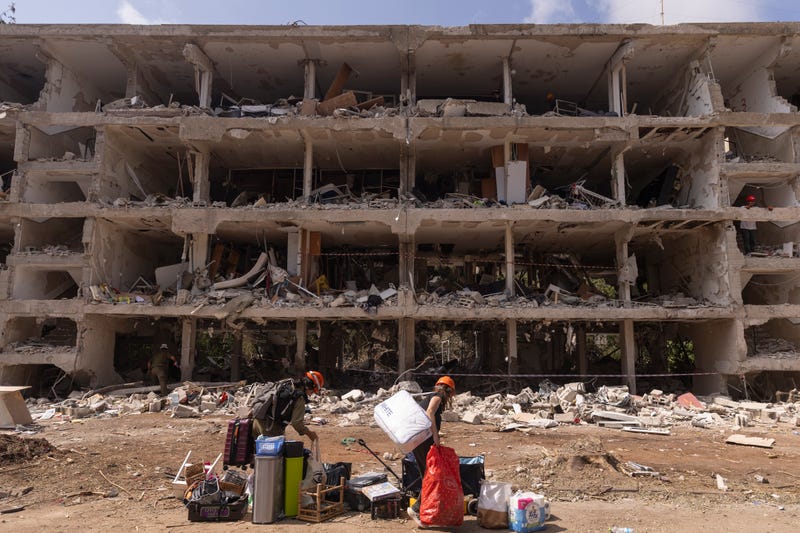
The United States has officially entered the conflict between Israel and Iran by bombing Iran’s nuclear facilities and the path forward is murky at best. Iran has vowed to respond to the attacks and the breadth of what that response might be is unclear. WWL’s Newel Normand was joined by Dr. Michael Wallace, a 20-year Navy veteran, Tulane professor, and counter-terrorism expert to discuss what may lie ahead.
“Iran is trying to figure out what they want to do right now. If they see their regime as beginning to fall or lose power, they may restrict shipping access at the Strait of Hormuz (a crucial sea passage) … the Houthis in Yemen have already said they will attack shipping. You may see proxies in the Middle East attack US forces in Israel. They have options,” Dr. Wallace illustrates.
Dr. Wallace points out that the strikes conducted by the United States in concert with Israel were conducted specifically because of enriched uranium being onsite. “Enriching uranium only happens when you want to build a weapon,” noted Wallace. There would be no enrichment process going on for the use of nuclear energy being used as a power source alone.
Moving forward, Dr. Wallace concedes that much is unclear.
Much of what unfolds may have to do with the regime currently in power. “The Iranians have options. If they decide there’s nothing to lose, you’ll see a great deal of strikes in the area. If they want to come back to the table and try to save whatever they can of their nuclear power capability, there may be talks, but they’ve certainly lost a tremendous amount of face,” Wallace added.
